E. Coli Outbreak Update: Carrot Products Recalled
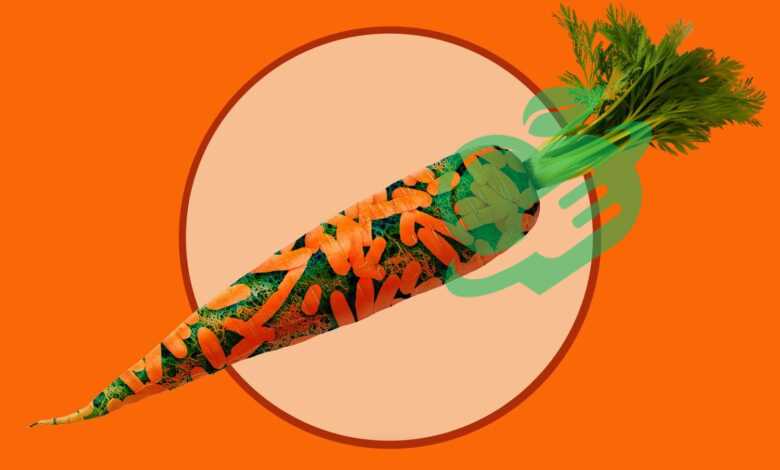
Brief History of E. Coli Outbreaks
E. coli, a bacterium commonly found in the intestines of humans and animals, has been a longstanding public health concern. The first well-documented outbreak of E. coli O157:H7 occurred in 1982 and was linked to contaminated hamburgers. Since then, numerous outbreaks have emerged, often traced back to undercooked foods, unpasteurized dairy, and contaminated produce. Some notable incidents include:
- 2006: An outbreak linked to spinach caused over 200 reported illnesses.
- 2011: A major outbreak in Germany linked to sprouted seeds resulted in more than 4,000 reported cases and 50 deaths.
These outbreaks underscore the importance of food safety, emphasizing how rapidly bacteria can spread through contaminated food supplies.
Current concerns about E. coli outbreaks
Fast forward to today, and E. coli remains an ever-present threat. Recent months have seen renewed concerns over several outbreaks tied to various food products, particularly fresh produce. Consumers are urged to stay informed and vigilant. Here are some key concerns:
- Rising Cases: Reports indicate an increase in E. coli cases linked to leafy greens and root vegetables.
- Public Awareness: Many consumers still lack knowledge about proper food handling practices, which can contribute to the spread of bacteria.
By sharing accurate information and staying cautious, individuals can help mitigate the risks associated with E. coli infections.
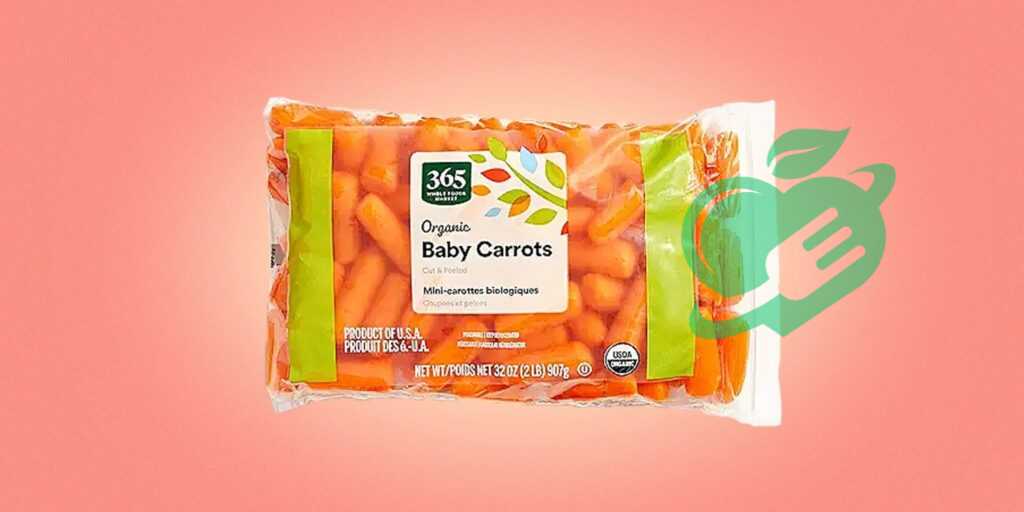
Carrot products recall
In light of the alarming rise in E. coli cases, health authorities recently announced a recall of certain carrot products suspected of contamination. This notification has sent ripples of concern throughout grocery stores and homes alike, as consumers grapple with the implications of food safety. Many families, like the Smiths down the street, rely on fresh vegetables for healthy meals. When they learned about the recall on their favorite carrot snacks, they understandably felt anxious. The recall aims to protect public health by eliminating any potentially affected products from the market.
Impacted Carrot Products
The recall affects specific brands and packaging of carrot products that may harbor E. coli. Consumers must remain aware of which items to be cautious about. Here are some of the impacted carrot products:
- Brand A Baby Carrots (Produced before [insert date])
- Brand B Shredded Carrots (UPC: [insert code])
- Brand C Whole Carrots (Distributed between [insert dates])
To ensure safety, shoppers are advised to check their refrigerators and pantry for these items. If any are found, it is best to dispose of them immediately and not to consume any of the affected products. Staying informed is vital in these times, as quick actions can prevent illness. Recalling these products is a proactive step towards ensuring consumer safety and maintaining trust in food quality.
Read also: 10 Surprising Benefits of Cucumber You Need to Know.
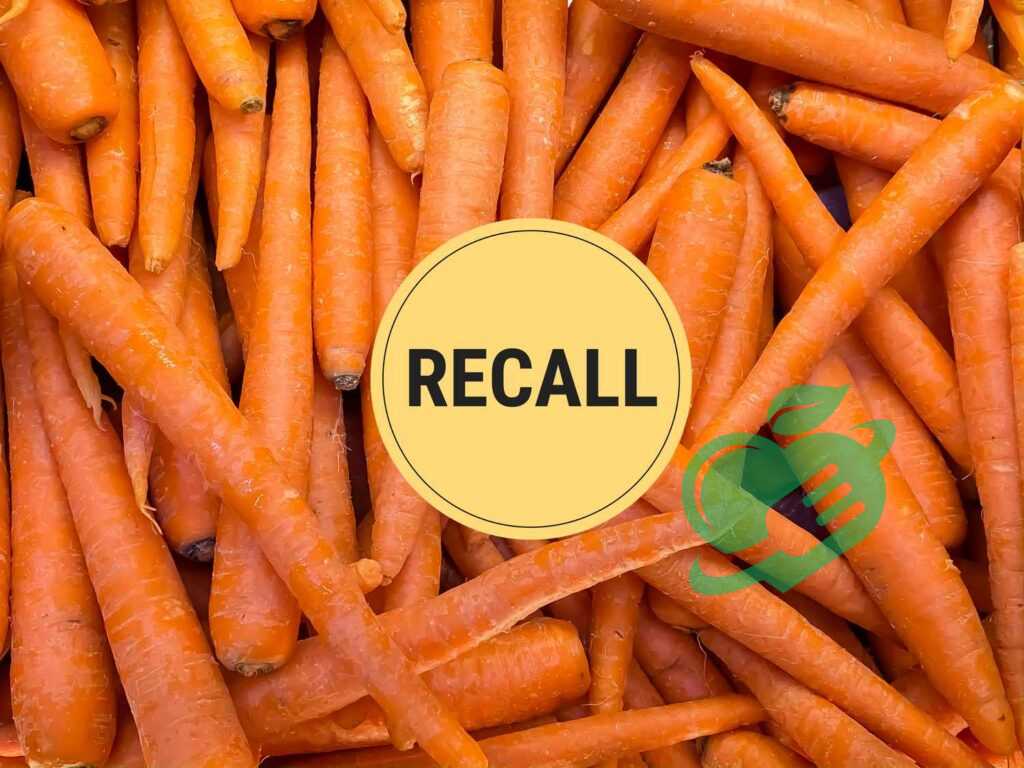
Health Risks Associated with E. Coli Contamination
The risks posed by E. coli contamination cannot be overstated. For many people, a simple case of foodborne illness may lead to uncomfortable symptoms. However, for vulnerable populations, such as young children, people older than 70, and those with weakened immune systems, the consequences can be devastating. Consider Jane, a mother of two, who once faced a panic-inducing situation when her children contracted an E. coli infection after consuming undercooked vegetables. The ordeal serves as a reminder of how crucial it is to understand the true dangers of this bacteria. Here’s a quick breakdown of the health impacts:
- Dehydration: This is one of the most common complications, especially in children and people older than 70.
- Kidney Failure: A severe outcome linked to hemolytic uremic syndrome (HUS), which can develop in some E. coli cases.
- Long-Term Effects: After recovery, some individuals may experience lasting health issues, further complicating their lives.
Symptoms of E. Coli Infection
Recognizing the symptoms of an E. coli infection early on is vital for effective treatment. Typical symptoms can appear within 1 to 10 days after exposure and may include:
- Abdominal cramps: Often severe and debilitating.
- Diarrhea: This can begin as mild and progress to bloody.
- Nausea and vomiting: While less common, these symptoms can occur.
If you, or someone you know, experience any of these symptoms after potential exposure to E. coli, seeking medical attention promptly can make all the difference. Early intervention can help prevent serious complications and ensure a smoother recovery. It’s essential to remain vigilant – prevention is always better than cure!
Read also : 3 simple ways to stop negative thoughts
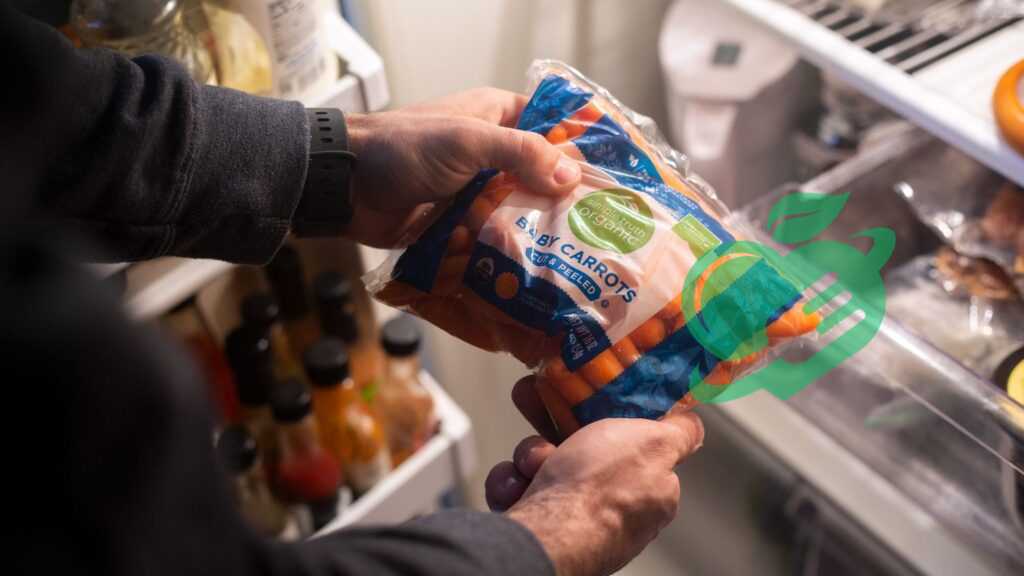
Actions Taken by Authorities
In response to the recent E. coli outbreak linked to carrot products, health authorities have sprung into action. They not only work to identify the source of the contamination but also aim to protect the public from further exposure. This process often involves collaboration with food producers, distributors, and retailers. For instance, local health departments began tracing distribution channels to identify where the affected carrots were sourced. Consumers like Mark, who runs a local café, received alerts highlighting which suppliers to avoid until further notice. Here are some key actions taken:
- Investigation Initiation: Rapid tracing of the outbreak’s origin to understand its spread.
- Public Notifications: Authorities issued widespread alerts via news outlets and social media to inform consumers of the risks.
- Collaboration with USDA and FDA: These agencies work together to ensure detailed inspections of involved facilities.
Recall Process for Contaminated Products
Once a threat has been identified, the recall process begins to swiftly remove contaminated products from shelves. Here’s how it typically unfolds:
- Official Recall Announcement: As seen with the carrot products, an official statement is issued detailing affected items and batch numbers.
- Consumer Alerts: Grocery stores are instructed to remove the products immediately and post informative signage.
- Return Protocols: Consumers are encouraged to return recalled products for refunds, promoting accountability and safety.
Staying informed ensures that all individuals can actively participate in public health safety. The rapid response from authorities highlights the importance of vigilance and community collaboration in addressing food safety issues.
Read also: Brain Damage Posturing: What You Must Know.
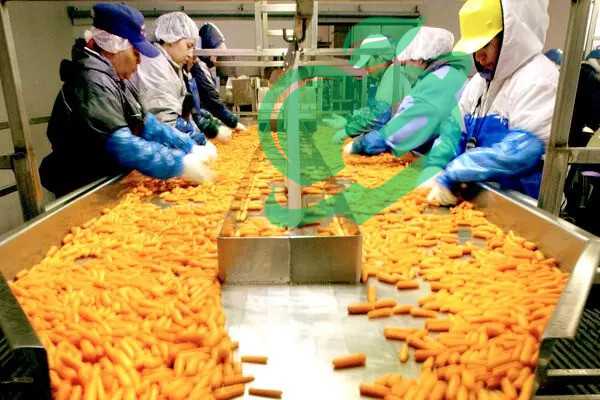
Guidelines for safe handling of carrot products during E. coli outbreaks
In the wake of the recent E. coli concerns, consumers must adopt safe handling practices for carrot products and other fresh vegetables. Simple steps taken in the kitchen can help prevent foodborne illnesses and ensure that meals are both enjoyable and safe. Take a lesson from Sarah, an avid cook who learned the importance of washing her produce thoroughly after an unexpected health scare in her family. Here’s how to handle carrot products safely:
- Wash Thoroughly: Rinse carrots under cold running water before consumption, even if you plan to peel them.
- Use Clean Utensils: Ensure that knives, cutting boards, and all utensils are sanitized to avoid cross-contamination.
- Store Properly: Refrigerate carrots promptly after purchase to maintain freshness and inhibit bacterial growth.
Read also : 3 Extremely dangerous sun damage
Recommended precautions for E. coli outbreaks
Beyond safe handling practices, there are several precautions every consumer should consider to bolster food safety:
- Check for Recalls: Regularly review updates from food safety authorities about any recalls that may affect your household.
- Cook Appropriately: For any carrot dishes, ensure that they are cooked to a safe temperature, if applicable, to kill potential contaminants.
- Educate Others: Share your knowledge with family and friends about safe food practices, fostering a community of informed consumers.
By adopting these safety measures, individuals can contribute to a healthier dining experience, reducing the risks associated with E. coli and other contaminants. Staying proactive is the best defense against potential health threats!
Read also: Unlocking the Benefits: How Veggies Can Lower Your Blood Pressure.
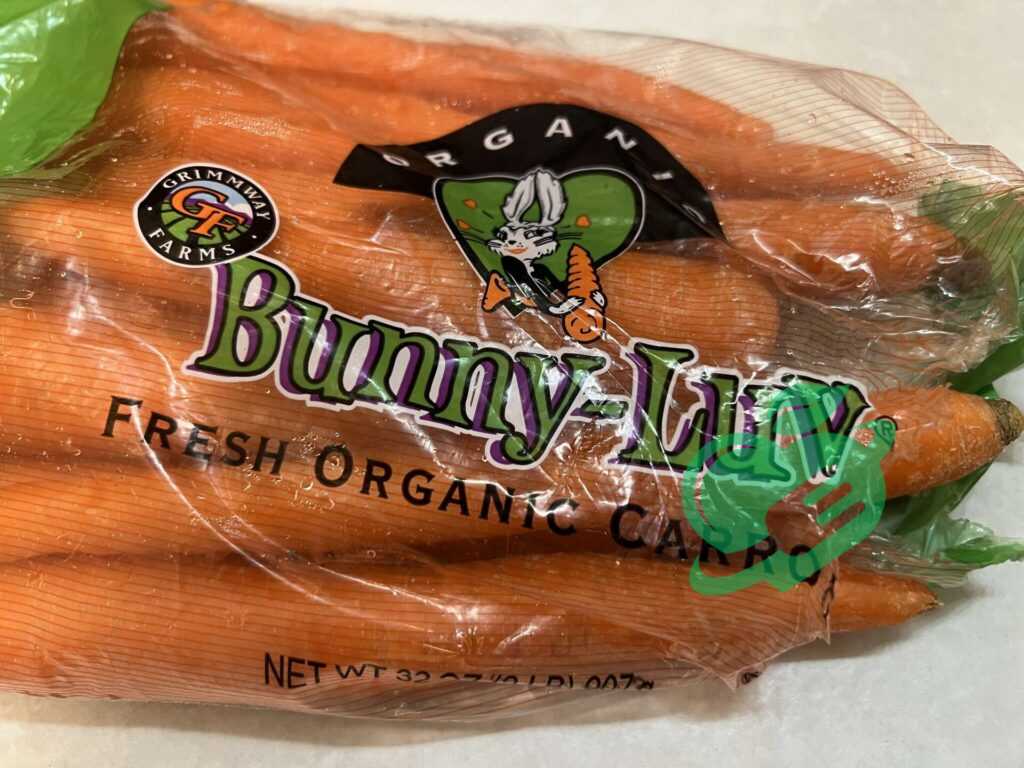
Regulatory measures for food safety following E. coli outbreak
In light of ongoing food safety challenges like the recent E. coli outbreak, regulatory measures play a crucial role in safeguarding public health. These measures are designed to ensure that food products, including carrot items, meet safety standards throughout the production process, from farm to table. For instance, consider the comprehensive practices adopted in the food industry to minimize contamination risks. These include:
- Good Agricultural Practices (GAP): Farmers are encouraged to follow guidelines that promote safe growing conditions to prevent contamination.
- Processing Standards: Food processing facilities must adhere to stringent hygiene protocols to prevent bacterial growth.
- Regular Inspections: Routine inspections by regulatory agencies ensure that food handling complies with safety regulations and that any violations are promptly addressed.
The role of government agencies in the spread of E. coli bacteria
Government agencies, such as the Food and Drug Administration (FDA) and the United States Department of Agriculture (USDA), are at the forefront of enforcing these regulations. Their roles are multifaceted:
- Monitoring and Surveillance: They conduct ongoing surveillance of foodborne illness reports and track outbreaks to identify sources quickly.
- Public Education: Agencies provide resources and guidelines to educate consumers and food handlers about safety practices.
- Enforcement: They have the authority to issue recalls, shut down facilities, and impose penalties for non-compliance with safety standards.
These combined efforts ensure that food products are safe for consumption, helping consumers feel more confident in the safety of their meals. Together, regulatory measures and government oversight create a safer food environment for everyone.
Read also: 10 Surprising Benefits of Cucumber You Need to Know.
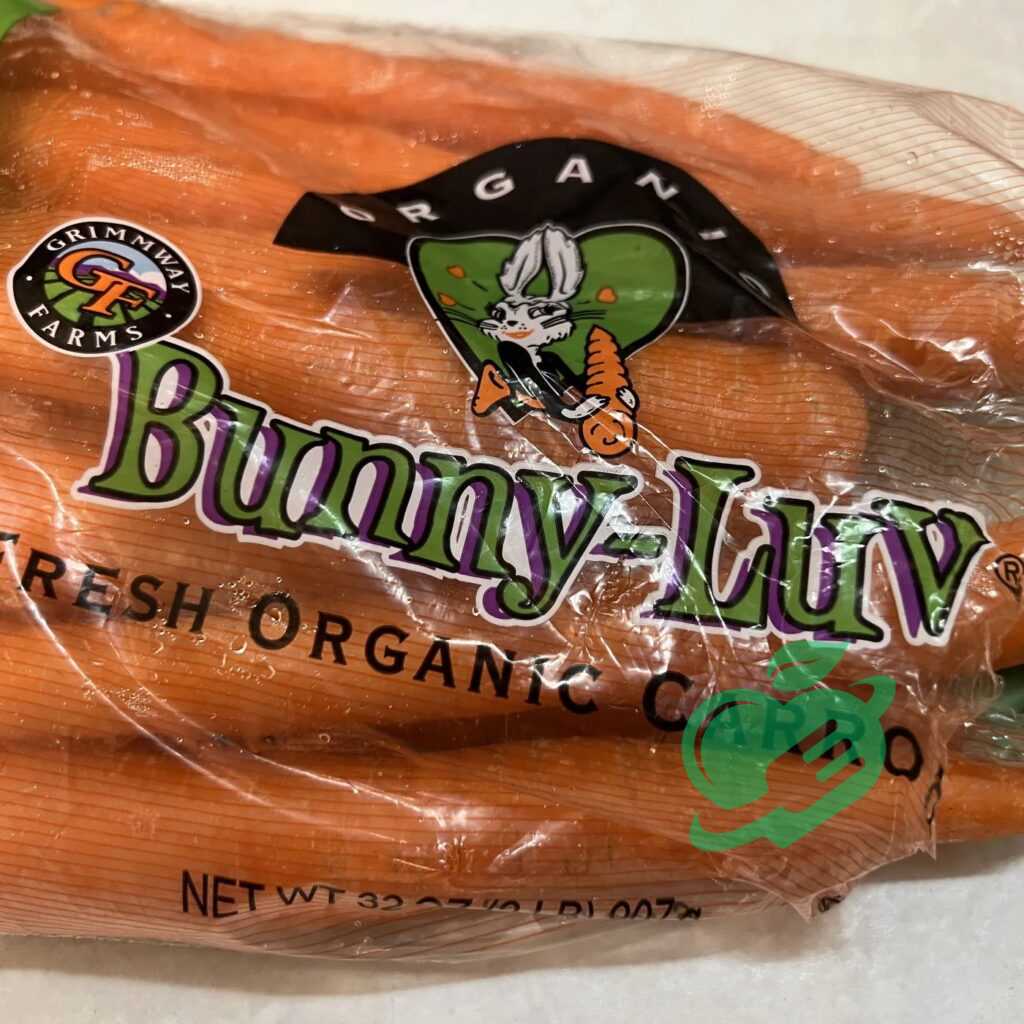
Frequently Asked Questions
How many people died from E. coli?
It is estimated that there are around 73,480 cases of E. coli O157 infections in the United States each year, resulting in approximately 2,168 hospitalizations and 61 fatalities annually. Additionally, this infection is a significant contributor to acute kidney failure in children. 1
What does E. coli do to the body?
Infections caused by E. coli (Escherichia coli) bacteria can lead to intense and bloody diarrhea. In some cases, they may also result in urinary tract infections, pneumonia, meningitis, bacteremia (a bacterial infection in the bloodstream), or sepsis (a serious systemic reaction to bacteremia). 2
What kills E. coli?
Cooking meat thoroughly, particularly ground beef, can eliminate E. coli bacteria. Ground beef should be prepared until it is fully browned and the juices are clear. For hamburgers, a meat thermometer should register 160 degrees in the thickest section of the patty, and there should be no pinkness inside. 3
What food is causing E. coli?
Most strains of E. coli are not harmful. However, certain types, like Shiga toxin-producing E. coli (STEC), can lead to serious foodborne illnesses. These bacteria are mainly transmitted to humans by eating contaminated foods, including raw or undercooked ground meat, raw milk, and contaminated raw vegetables or sprouts. 4
The importance of staying informed about E. coli outbreaks
In today’s world, staying informed about food safety is more crucial than ever. Recent events, such as the E. coli carrot products recall, underscore the potential risks associated with our food supply. For consumers like Tom, who enjoys cooking for his family, knowing which products are safe to consume can prevent health scares and ensure that everyone at the dinner table remains healthy. Here’s why being informed matters:
- Risk Mitigation: Awareness of food safety concerns allows individuals to make better grocery store choices and kitchen choices.
- Empowerment: Educated consumers can advocate for better practices within the food industry, pushing for higher safety standards.
- Community Health: A well-informed public can minimize the spread of foodborne illnesses, protecting themselves and the broader community.
Educational Resources for Consumers
Fortunately, there is a wealth of resources available for consumers eager to learn more about food safety:
- Government Websites: The FDA and USDA provide comprehensive guidelines on food handling and recall updates.
- Local Health Departments: Many offer workshops and informational materials on safe food practices in the community.
- Mobile Apps: There are apps specifically designed to alert consumers about recalls and provide safety tips.
Follow us for more updates and breaking news, as we provide you with everything new.
- pmc ((↩))
- kidshealth ((↩))
- ucsfhealth ((↩))
- who ((↩))




Thank you for your sharing. I am worried that I lack creative ideas. It is your article that makes me full of hope. Thank you. But, I have a question, can you help me?